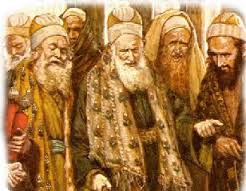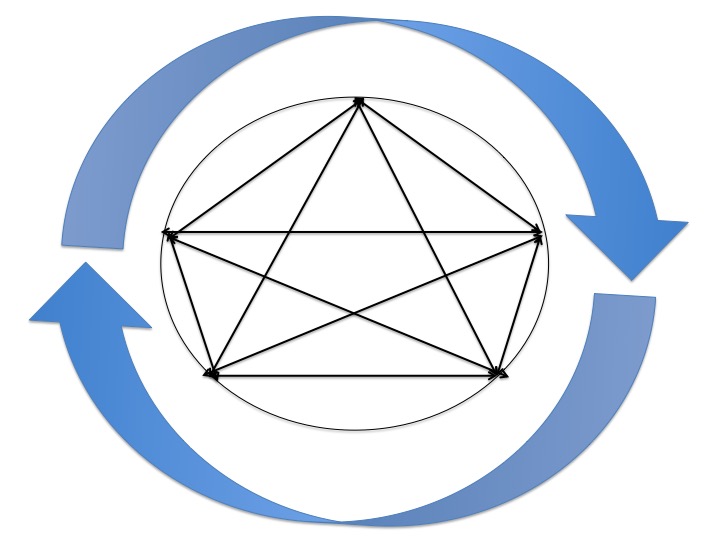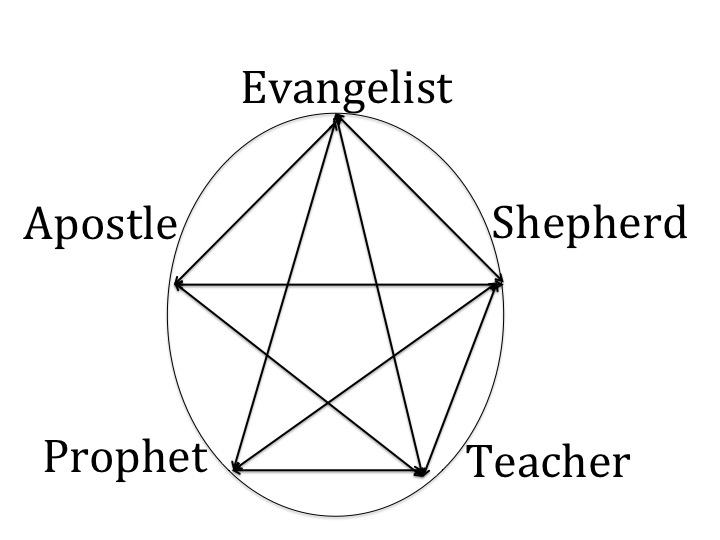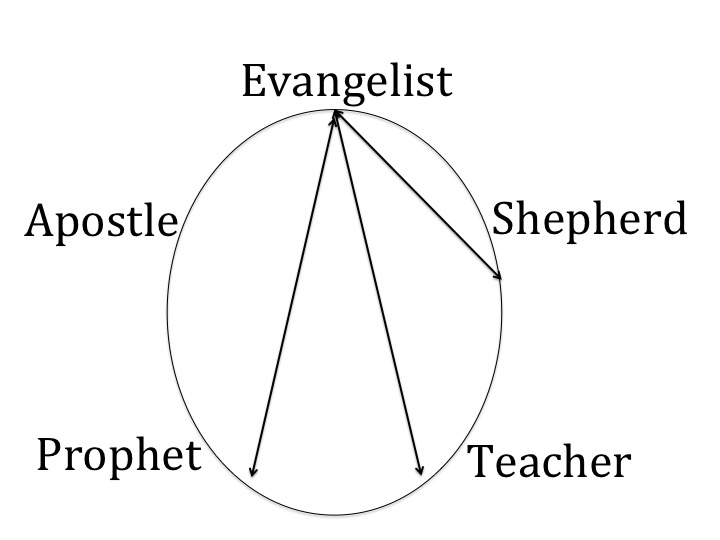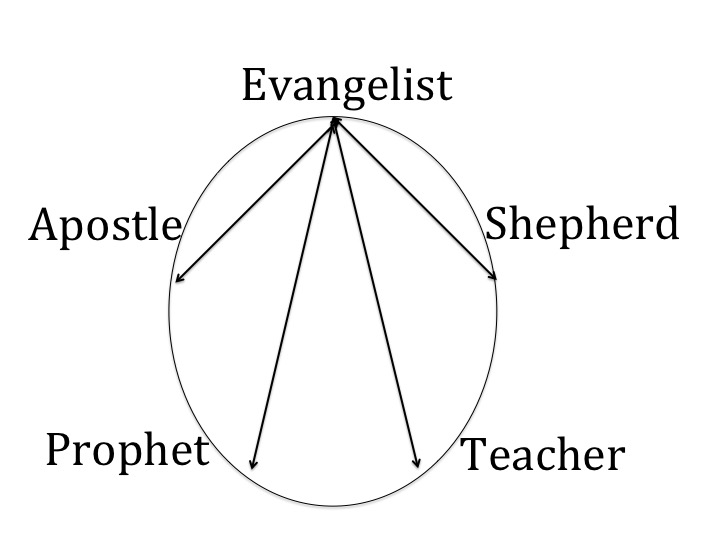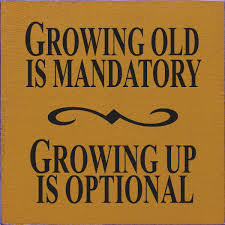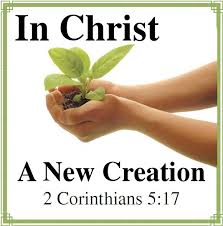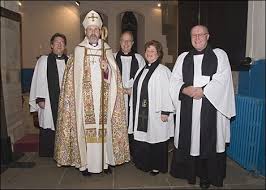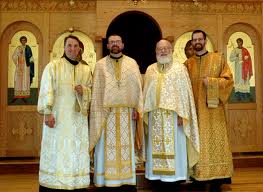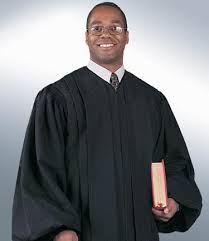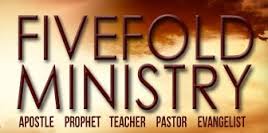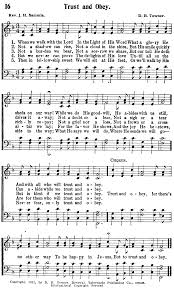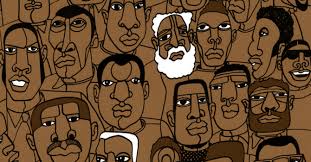 Why Should/Shouldn’t My Church Embrace Change? Part XXXX
Why Should/Shouldn’t My Church Embrace Change? Part XXXX
Isaiah prophesied, “For a child will be born to us, a son will be given to us; and the government will rest on His shoulders; His name will be called Wonderful Counselor, Mighty God, Eternal Father, Prince of Peace.” (Isaiah 9:6) Really, what form of government is resting on his shoulders? Church government? If so, What is that to look like?
The secular political world is all about power and control. Agreement is rare, compromise is common, fighting and squabbling the norm. Corruption hangs around the corner awaiting opportunity, and position and titles are important, yet all claim to be “public servants”. Today’s church government is patterned after the secular, for men are given titles, positions called offices, and claim to be servants to their congregation. Some churches are congregational where members hold the power, other churches have elder boards, and still others have strong senior pastors with full authority. Since churches are institutions, they are governed by secular guidelines, their own bi-laws, and legal paperwork to remain tax-exempt. The first century church was not governed this way.
 The first century Church was governed by consensus among believers as peers in Jesus Christ. Consensus does not mean 100% agreement nor majority rule where 49% still disagree. Consensus was when every believer was willing to lay down his personal agenda and lay down their lives to serve one another allowing the Holy Spirit to guide the Church.
The first century Church was governed by consensus among believers as peers in Jesus Christ. Consensus does not mean 100% agreement nor majority rule where 49% still disagree. Consensus was when every believer was willing to lay down his personal agenda and lay down their lives to serve one another allowing the Holy Spirit to guide the Church.
The Holy Spirit led the first century Church into accepting” diversity by making all believers peers in Christ. “There is neither Jew nor Greek, there is neither slave nor free man, there is neither male nor female; for you are all one in Christ Jesus.” (Galatians 3:28) Today’s church can no longer segregate itself by sex, race, title, economic status, or denominations. It has to learn to “accept” one another, not be judgmental.
In the five fold, no one person governs, the whole body does by trusting the Holy Spirit and each other. The “government rests on His shoulders.” Ironically, the Holy Spirit is not above” believers in a pyramidal paradigm, but indwells each believer. Gods Spirit is among His people for a consensus from the heart. If Church leadership is linear, every believer serves beside his brethren as an equal peer. No one stands alone or above others. All are “to grow up in all aspects into Him who is the head, even Christ, from whom the whole body, being fitted and held together by what every joint supplies, according to the proper working of each individual part, causes the growth of the body for the building up of itself in love.” (Ephesians 4:15-16) That is how the Church governs itself; through body ministry.
 Headship does not mean being “over” others, but beside one another as peers. Even in marriage, Eve came from Adam’s side, not his head or foot. Figuratively, they are joined at the hip! I believe that it is God’s will for believers to be “suitable helpers” (Genesis 1:24) as a wife is to her husband in order to be “one flesh” in the Body of Christ. If you are willing to ”lay down our lives for the brethren” and serve one another, people will naturally follow you, making you a leader.
Headship does not mean being “over” others, but beside one another as peers. Even in marriage, Eve came from Adam’s side, not his head or foot. Figuratively, they are joined at the hip! I believe that it is God’s will for believers to be “suitable helpers” (Genesis 1:24) as a wife is to her husband in order to be “one flesh” in the Body of Christ. If you are willing to ”lay down our lives for the brethren” and serve one another, people will naturally follow you, making you a leader.
Paul did not serve and govern the first century church alone. He had Barnabas, Timothy, Silas, Mark, Pricilla & Aquila, Tychicus, Onesimus, Aristarchus, Luke, Demas, Nympha, Archippus, Epaphroditus, Apollos, and many others who stood by him. Church leadership should be pluralistic. Ruling or lording over others creates church politics. Ruling by serving one another as a peer, as a brother and sister in the Lord, brings life. Life creates an organism. Properly governing the Church through Christ-like relationships is the only way the church will restore itself from being an organization to again being an organism. That is why the 21st century Church must address a new mindset of governing itself.







